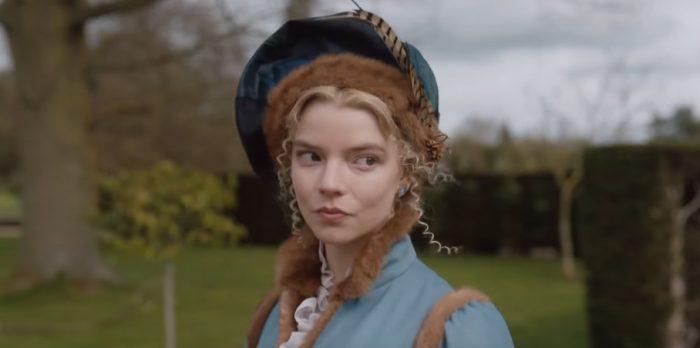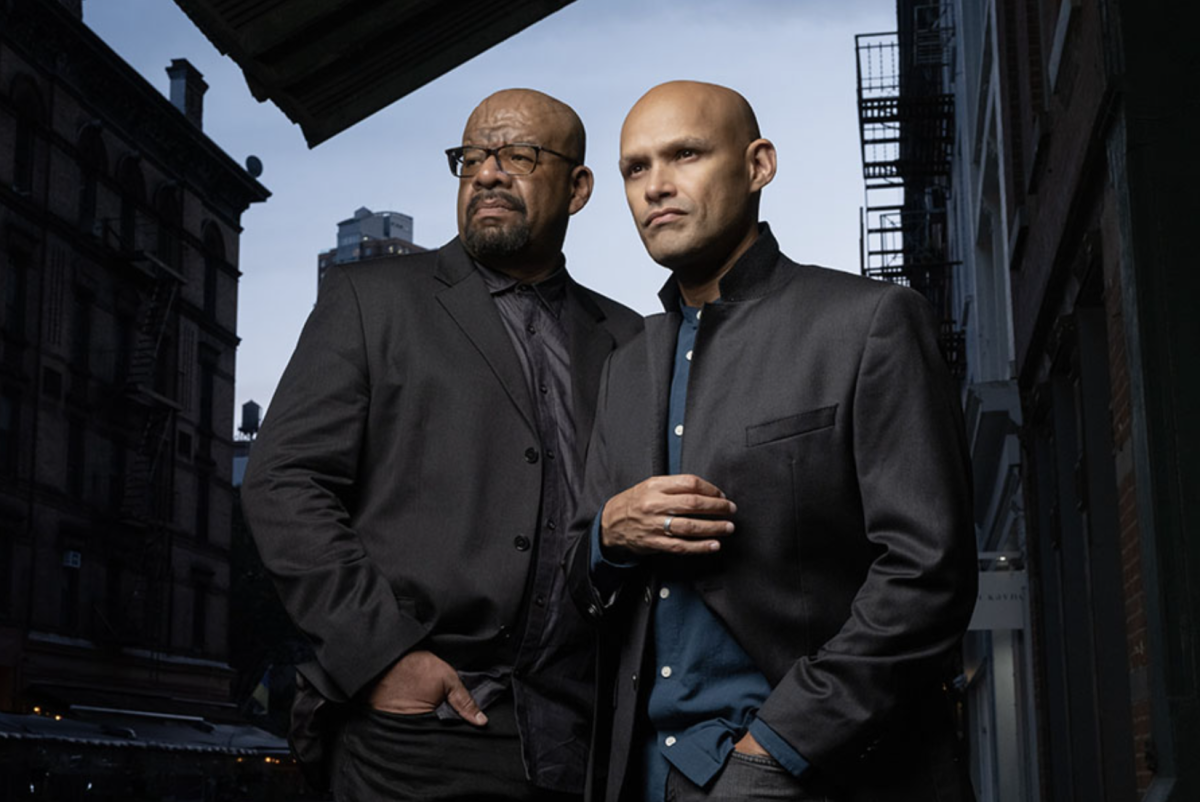When setting out to write “Emma,” Jane Austen hoped to craft “a heroine whom no one but myself will much like.” In the novel’s opening sentence, Emma Woodhouse is described as “handsome, clever, and rich,” something that distinguishes her from typical Austen favorites like Elizabeth Bennet from “Pride and Prejudice” or Elinor Dashwood from “Sense and Sensibility”. Autumn de Wilde’s newest adaptation of Austen’s novel doesn’t shy away from that characterization either; the film’s promotional material paints this three word tagline across 2020’s answer to Emma Woodhouse, horror movie ingenue Anya Taylor-Joy. With the already exhausting amount of Austen-adjacent-adaptations in mind, do we really need another “Emma” adaptation?
After seeing de Wilde’s adaptation, my answer is a resounding “yes.” My feeling’s pre- and post- 2020’s “Emma.”, remind me of my feelings toward another retelling of a beloved literary classic: Greta Gerwig’s “Little Women.” Both films comfortably navigate the eccentricities of the 19th century and sketch a tangible portrait compatible with 21st century sensibilities. While Gerwig’s changes are more structural and social-minded, screenwriter Eleanor Catton’s changes are mostly tonal, not altering much of the story from Austen’s original novel.
“Emma.” follows the exploits of hapless matchmaker Emma Woodhouse. Emma, largely too impressed with herself, feels she will never find a man of her worth. She instead strives to improve her peers. Her newest project is Harriet Smith (played by Mia Goth), an orphan. While Harriet’s true affections lie with a lowly farmer, Emma pushes her to fall for the snobby vicar, Mr. Elton, played by a hilariously detestable Josh O’Connor. In this portion of the film, absurd, stilted comedy, silly costumes and symmetric, colorful cinematography — think Wes Anderson meets Regency Era England — run rampant. Taylor-Joy is cruel and cold, so much so, I’d have trouble believing if even Jane Austen would much like her.
Though delightful at times, this style over substance approach worried me. The film almost began to feel like the essence of “Emma.,” offering nothing thematically interesting. However, de Wilde’s film takes a stunning turn after Emma makes a snide comment about the socially inept Miss Bates toward her brother-in-law and eventual dark horse romantic contender, Mr. Knightley, whose brooding depiction by Johnny Flynn is a welcomed departure from the character’s overly bookish and scrupulous past. Emma’s reflection and relationship with Mr. Knightley are reminiscent of Joe Wright’s 2005 “Pride and Prejudice.” It’s steeped in romanticism and yearning, but our love interests are too persnickety to realize. It’s also worth noting that Taylor-Joy no longer possesses her first act haughtiness, but instead a more complete and humble Emma emerges.
Usually, making sense of Austen’s novel requires an almost encyclopedic memory of the dozens of Misters and Misses who waltz in and out of the plot. Catton is less concerned with these figures and devotes more time to developing Harriet and Emma’s friendship, including a stand-out scene in which Emma helps Harriet prepare for a ball. In addition, less time is devoted to Emma’s later experiences with Mr. Knightley, providing a delicious tension and believability to the latter’s affection toward Emma. Catton is also wise to inject something too frequently absent from Austen retellings: her humor. In the frills of period piece austerity, Austen adaptations can quickly lose the liveliness that serves as a backdrop to her wisdom. Catton never forgets to find the humor in things as minor as an inopportune nosebleed.
In a world where BBC mini-series and late 90s teen movie retellings of classic literature seem to dominate the zeitgeist’s perception of all things Austen, de Wilde’s revisionist stab at “Emma” is shockingly refreshing. If you love the comedic melodrama and romantic release of “Clueless,” maybe give “Emma.” a try, too.






